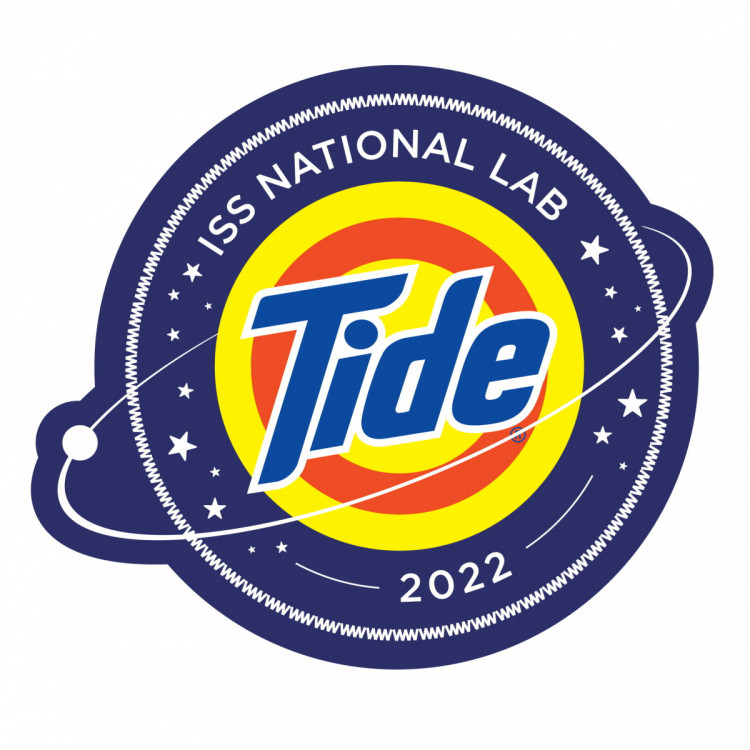The National Aeronautics and Space Administration and Procter & Gamble, owner of the Tide laundry brand, are working together to figure out how to do laundry in space.
"Tide has signed a Space Act Agreement with NASA to help in the development of laundry detergent solutions and technology development in space," P&G said in a statement on Tuesday. "Under the agreement, NASA may test and study Tide cleaning solutions in space."
NASA scientists have created a fully biodegradable detergent that cleans garments without wasting water. Over the next decade, they will test fabric care products, such as Tide to Go pens and wipes, on the International Space Station as well as on moon and Mars missions.
Beyond benefiting astronauts who travel to space, the collaboration could have broader implications for Earthbound consumers. Climate change has already begun to strain the world's water supply, causing droughts in some areas and flooding in others.
According to the World Resources Institute, a quarter of the world's population is under "extremely high" water stress.
There are no washing machines on the International Space Station. Currently, astronauts wear a piece of clothing until it becomes dirty, then discard it. Regular resupply missions keep astronauts supplied with clean garments, but this will not be an option for further-flung destinations such as Mars.
P&G is preparing for research on the space station in 2022 that will involve testing the stability of cleaning and stain removal components in ISS settings. The company is also exploring the development of a washer-dryer combination that might be utilized for NASA Artemis lunar missions and future Mars missions where low gravity will be an issue.
"Scientific breakthroughs always start from a very limited application, but when we get that breakthrough, the ability to use it to solve today's problems on Earth is going to be phenomenal," Shailesh Jejurikar, chief executive officer of P&G's fabric and home care division, said.
NASA and P&G aren't the only ones trying to solve the clean-clothes problem. The European Space Agency is also investigating antimicrobial textiles for use in spacesuit undergarments.






